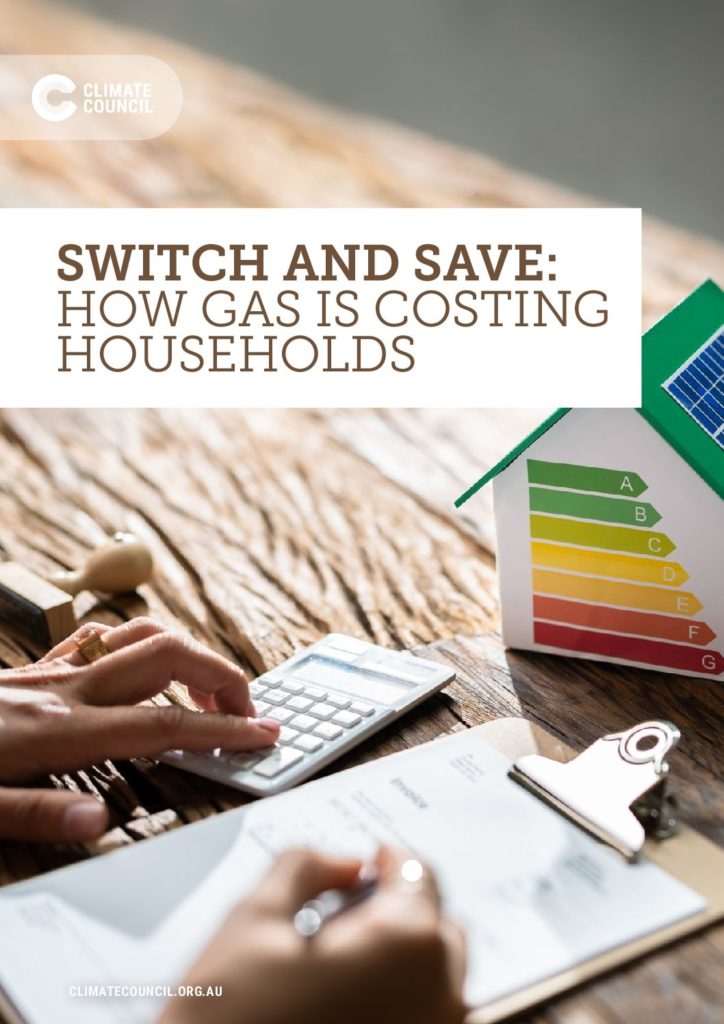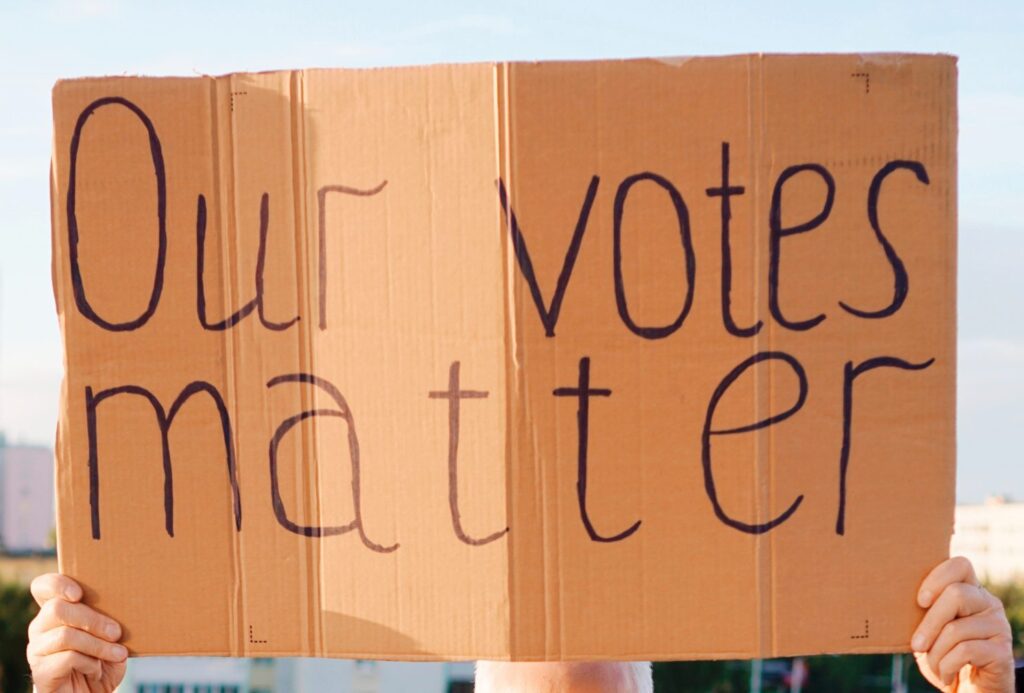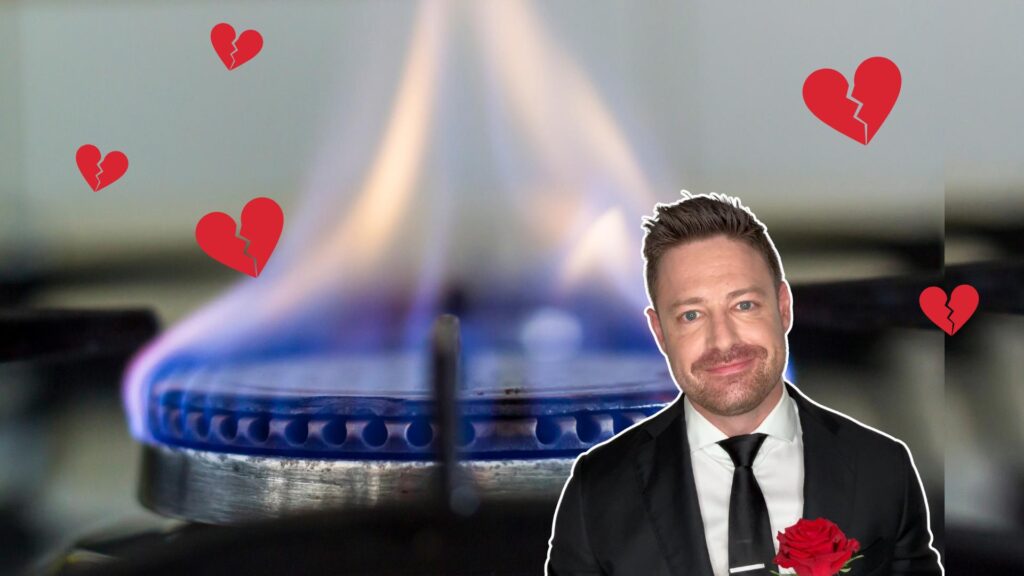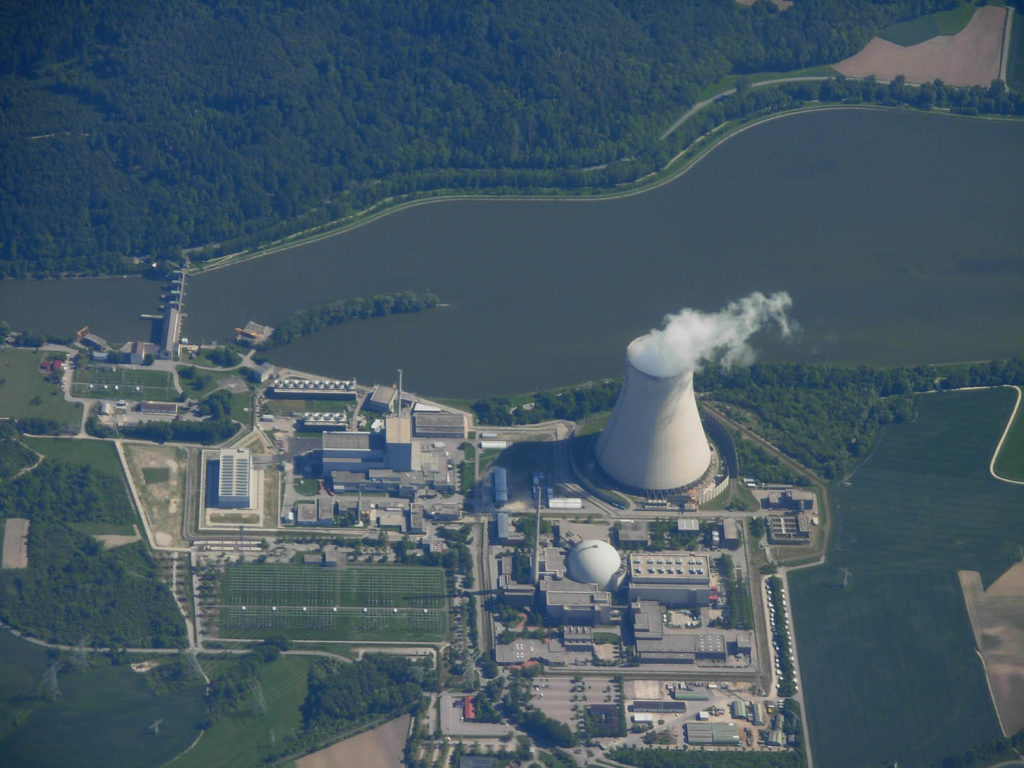Gas appliances – including stovetops, heaters and hot water systems – are an outdated technology with no place in the modern home. They are more expensive to run, as well as polluting. Gas is also a fossil fuel that’s worsening climate change, with major impacts like killer heatwaves and mega fires occurring more frequently, or becoming more severe. While the costs of gas may be bad for you and me, it’s big business to certain corporations.
Australia’s gas industry has spent 2022 trying to market itself as “renewable”, lobbying governments to allow even more gas mining and scaring Australians who want to electrify their homes with absurdly inflated costs for the change. They want to keep households trapped – paying exorbitant energy bills and using fossil fuels they don’t have to.
This report presents new analysis on exactly how expensive gas appliances are to run compared to the electrical alternatives, and how much households can save over the long term from switching. Despite the cost of energy varying between cities, we find that modern electric appliances are cheaper to run than gas alternatives in all the capital cities we analysed. Government assistance with the up-front purchase costs, such as zero-interest loans, will ensure that all Australian households – and, in particular, low-income households – can start immediately enjoying the benefits of getting off gas.
Australian households are trapped by escalating gas bills, which are fuelling a cost-of-living crisis. We shouldn’t have to choose between heating or eating. Nor should we be forced to keep burning toxic gas in our homes, which carries well-established health risks to our families. Getting off gas – by switching to electric cooking, heating and hot water – will set us free from paying exorbitant gas bills, and create a safer home.
Key Findings:
1. Australian households are trapped in a vicious cycle of escalating gas bills, which are fuelling a cost-of-living crisis.
- Australian households meet their energy needs through a combination of different fuel sources with piped gas accounting for almost 40%.
- The wholesale price of gas has almost tripled since last year, with 80% of supplies shipped overseas and our prices tied to a volatile international market.
- Our analysis shows gas heaters, cooking appliances and hot water systems are almost always more expensive to run than the smart, electric alternatives now available. Households in Hobart with gas water heating are paying $733 more on bills each year.
- Even if you choose not to use a single gas appliance, being connected to the gas network will still sting you hundreds of dollars per year in daily supply charges with the most expensive annual bill being $279 for Melbournians.
2. It would be cheaper for households in all Australian capital cities analysed to be fully electric with yearly bill savings ranging between $500 and $1,900.
- The biggest bill savings are to be found in Brisbane, where gas is significantly more expensive than other capital cities, and in Hobart and Canberra due to their colder climates.
- Households that switch to fully electric in Hobart can save up to $1,899 on their annual bills, in Canberra households can save up to $1,876, in Adelaide ($1,457), Brisbane ($1,424), Melbourne ($1,207), Sydney ($924) and Perth ($803).
- For Australians living in one of the more than three million homes with solar panels on the roof, switching to electric heaters, cooking appliances and hot water systems could save them roughly $800 more on bills every year.
3. The biggest barrier for households going fully electric is the upfront cost of replacing appliances, which governments could fix with low- or zero-interest loans.
- Once electric appliances are installed, households enjoy immediate savings of hundreds of dollars every year. However, the combined cost of buying a new stovetop, room heaters and hot water system is a barrier for many households that want to get off gas now.
- We calculated the fastest pay-back period as being in Hobart, where it would take an average of six years to pay off the purchase cost of replacing a gas stove, gas hot water system and gas room heater before they stopped working with electric alternatives based on bill savings.
- Victoria and the Australian Capital Territory already offer government incentives which reduce payback periods in these jurisdictions by up to two years.
- Government assistance with the up-front costs for households, such as zero-interest loans
for buying new electric appliances, will help ensure all Australians – including low-income households – can immediately start enjoying the cost and health benefits of getting off gas.
4. Making the switch from gas to electric is a win for reducing our costs of living, as well for our health and climate, but going all electric requires coordinated government action.
- Getting off gas is the only way to shield households from high gas prices that are expected to continue into next year, and beyond.
- Utilities charge exorbitant fees to disconnect individual households from gas. Governments should investigate these costs and seek to minimise them, including by exploring disconnection to whole suburbs or regions.
- New homes should be built to be fully electric from the get-go, and whenever gas appliances break down they should be replaced with cheaper and cleaner electric alternatives.
- Investing in Australian manufacturing of heat pumps and other all-electric equipment will create many quality jobs and ensure Australians can always readily access electric products that will be in increasingly high, global demand.











